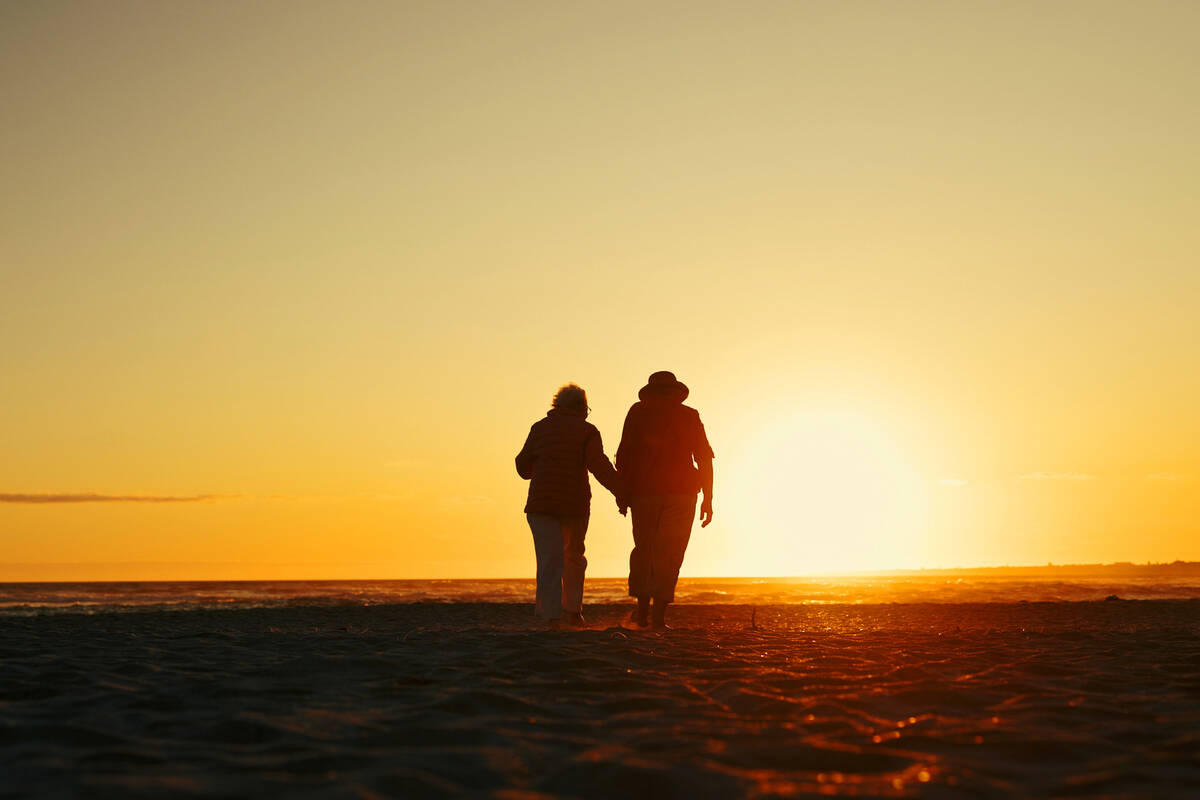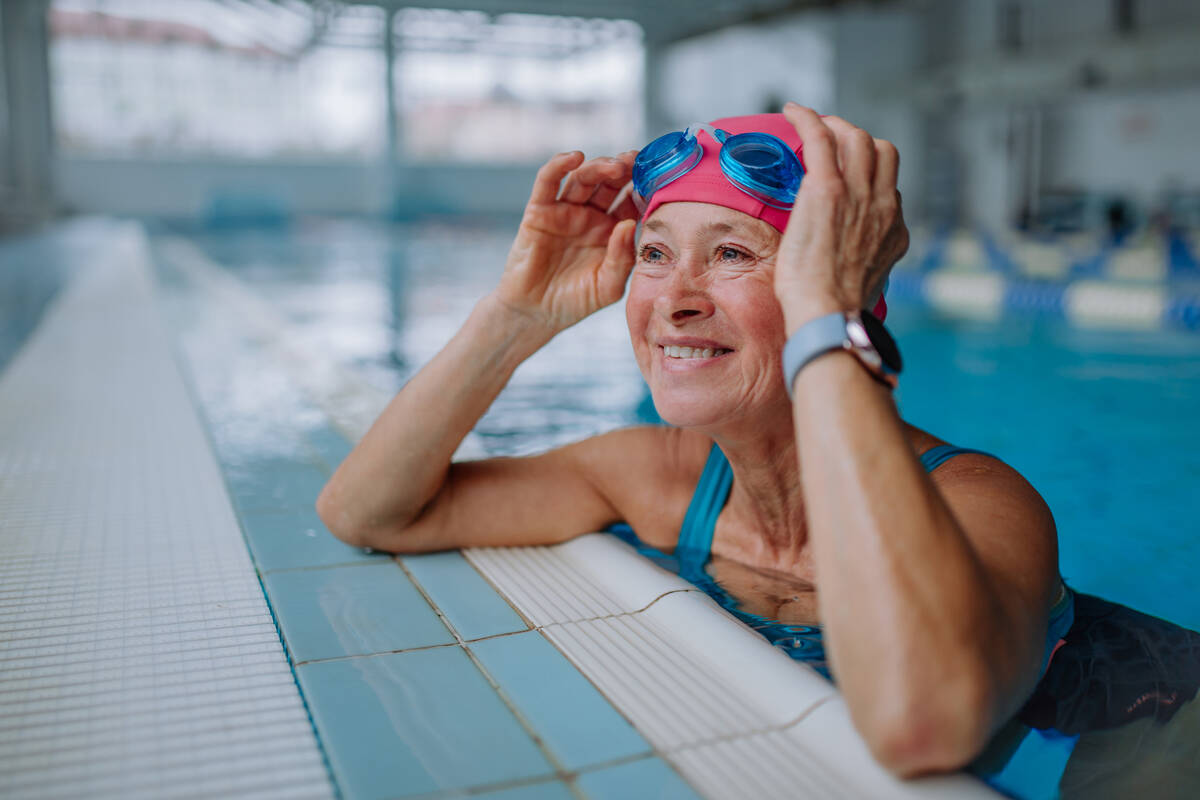4 common habits of people who live past age 100
Life expectancy in the United States is currently age 79 — a real step up from a century ago, when women only lived to 60 and men to 57. Still, for 54 percent of Americans, the dream is to live to 100.
To earn the coveted title of centenarian, some individuals have turned to longevity hacks. Others have visited private health clinics offering MRI body scans and genomic sequencing to identify genes related to age-related conditions and longevity. People order blood tests to measure their biological age. Some double down on their fitness plan, spending hundreds of dollars on gym memberships and boutique fitness classes.
There’s no right way to go about attaining longevity, but the experts will tell you that if your goal is to live to 100, you don’t have to spend a fortune. In fact, the key to longevity can lie in your morning routine.
Centenarians’ morning routines
They’re early risers: Dr. Naushira Pandya, a geriatrics department chair and associate professor at Nova Southeastern University, says one thing she has consistently seen centenarians do is prioritize sleep. They will wake up in the early hours when the sun rises, but that means they’re going to bed earlier and getting seven to nine hours of sleep a night.
Sleep is important for everyone, but especially older adults. As we age, our sleep architecture changes, which is a fancy way of saying our sleep cycle is different. Older adults spend more time in lighter stages of sleep and less time in deep sleep, the stage where the body renews and repairs itself. A shortened sleep schedule deprives the body of restorative sleep and can affect a person’s cognitive state.
“The brain is cleaning debris away during sleep and getting amyloid — proteins that build up in Alzheimer’s disease — out,” says Dr. Gary Small, a geriatric psychiatrist and chair of psychiatry at Hackensack University Medical Center.
Getting a good night’s sleep is also essential for keeping the immune system strong and lowering inflammation, Small adds. A study on centenarians found that 55 percent typically slept over eight hours a night and 28 percent took daily naps. The researchers in that study found centenarians had lower cholesterol levels and were less likely to have age-related diseases.
They drink water after waking up: If you want to age gracefully, keep a glass of water by your bedside. Pandya says many centenarians will wake up and the first thing they will do is drink a couple of glasses of warm water or lemon water to hydrate. “They’re very keen on hydration,” she says.
Older adults who stay well-hydrated tend to live longer and have fewer chronic conditions, such as heart and lung disease. On the flip side, researchers found that poor hydration (seen in people with higher sodium-to-water levels) results in accelerated biological aging and an increased risk of dying prematurely.
They set aside time for reflection: Pandya says a major nonnegotiable for centenarians is making time for mindfulness. In today’s busy world, many people start the day checking emails or stressing out over what’s to come. Centenarians work to avoid adding stress first thing in the morning and instead use a few minutes for meditation or prayer.
“It’s a period to collect yourself and give time for the body and mind to settle before facing the day,” she adds.
They move their bodies: When you look at centenarians living in Blue Zones — regions of the world where people consistently live past age 100 — they may not be running marathons or taking high-intensity cardio classes. But they are highly active in other ways.
“People might sit in their yard or some do stretching exercises and then have a shower,” Pandya says. “People may stretch after the shower, and with muscles warmed up, they will take a walk.”
Blue Zone centenarians have documented a range of jobs, outdoor hobbies and in-home activities that keep their bodies moving. Eighty-one percent of these activities were of moderate intensity. Centenarians often lived in places designed for walking and worked in physically active jobs like farming that require little sitting.
“I recommend doing something every day, like taking a walk with a friend, to start, and at the same time you’ll have a conversation, which activates neural circuits in your brain to lower your stress levels,” Small says.
The role of genetics
While taking care of your physical and mental health is key for a long and fulfilling life, there’s still no guarantee a person will live to 100. The reality is that one-third of centenarians’ longevity is based on genetics, Pandya says.
Still, she says genetics is not everything and people should focus on what they can control instead of despairing over what they cannot. “Environment matters. So, it’s the living situation you create for yourself and your lifestyle that gives people the advantage of surviving longer.”



















